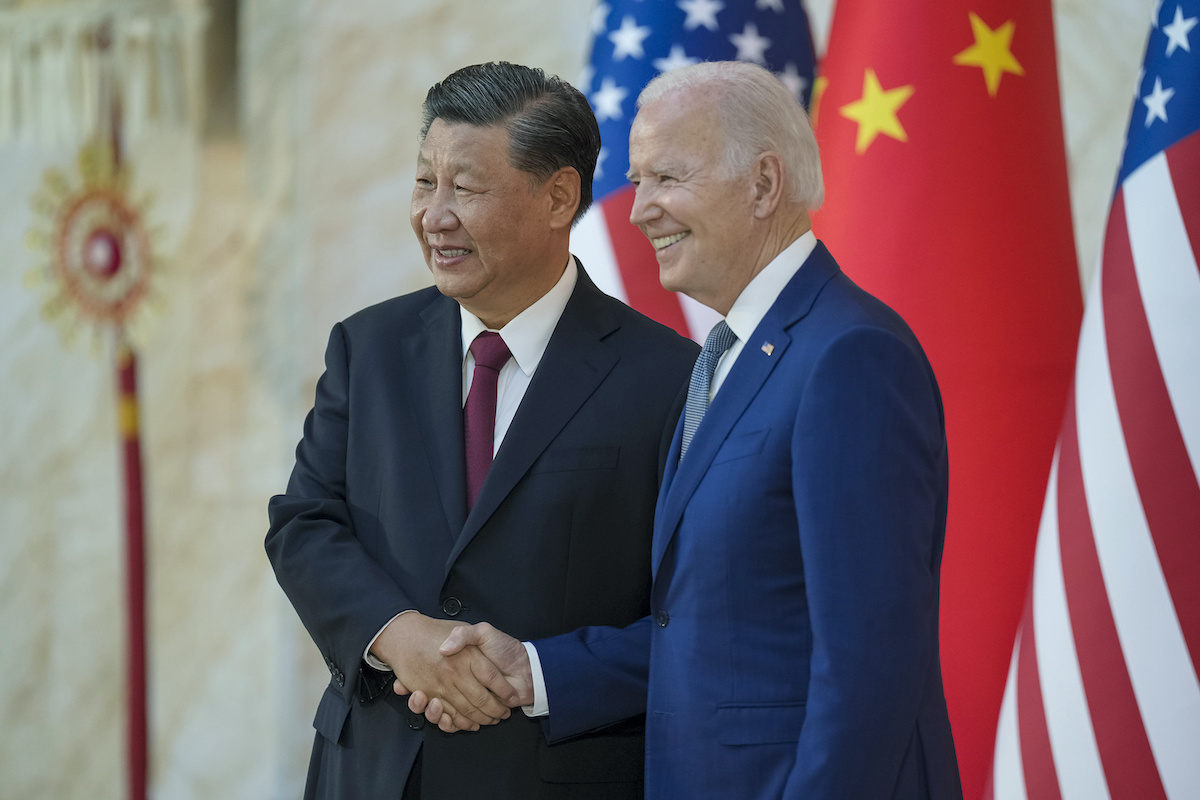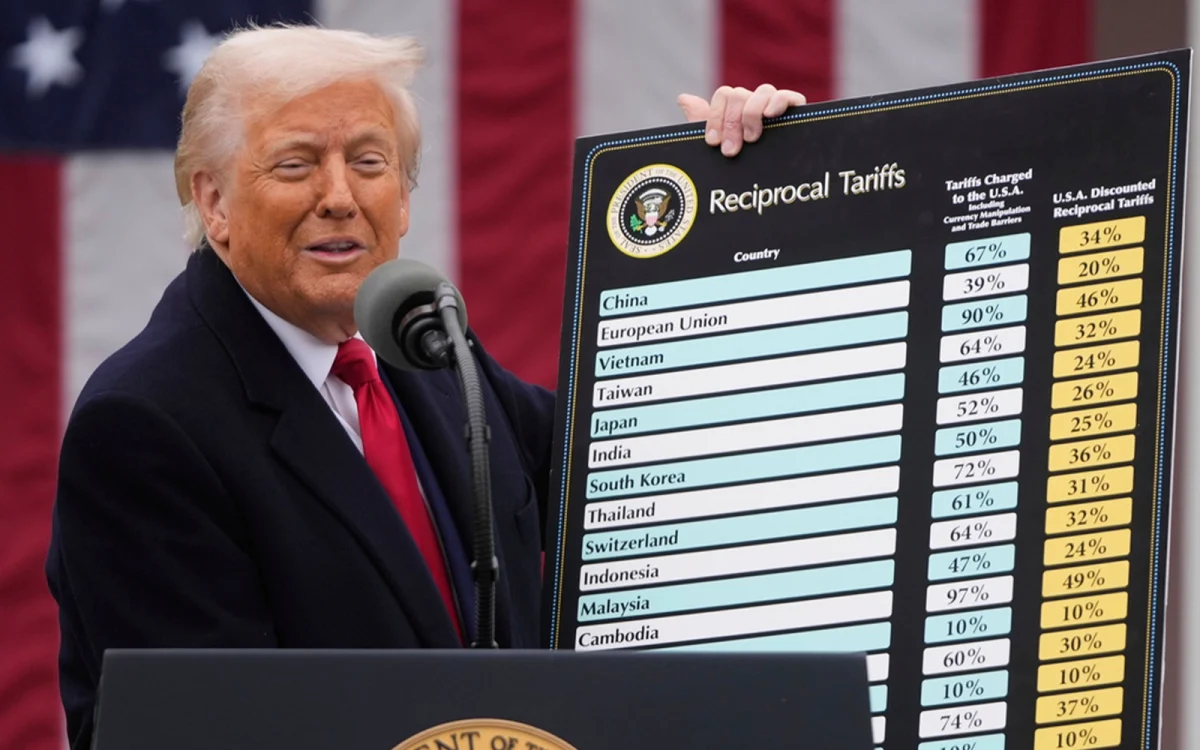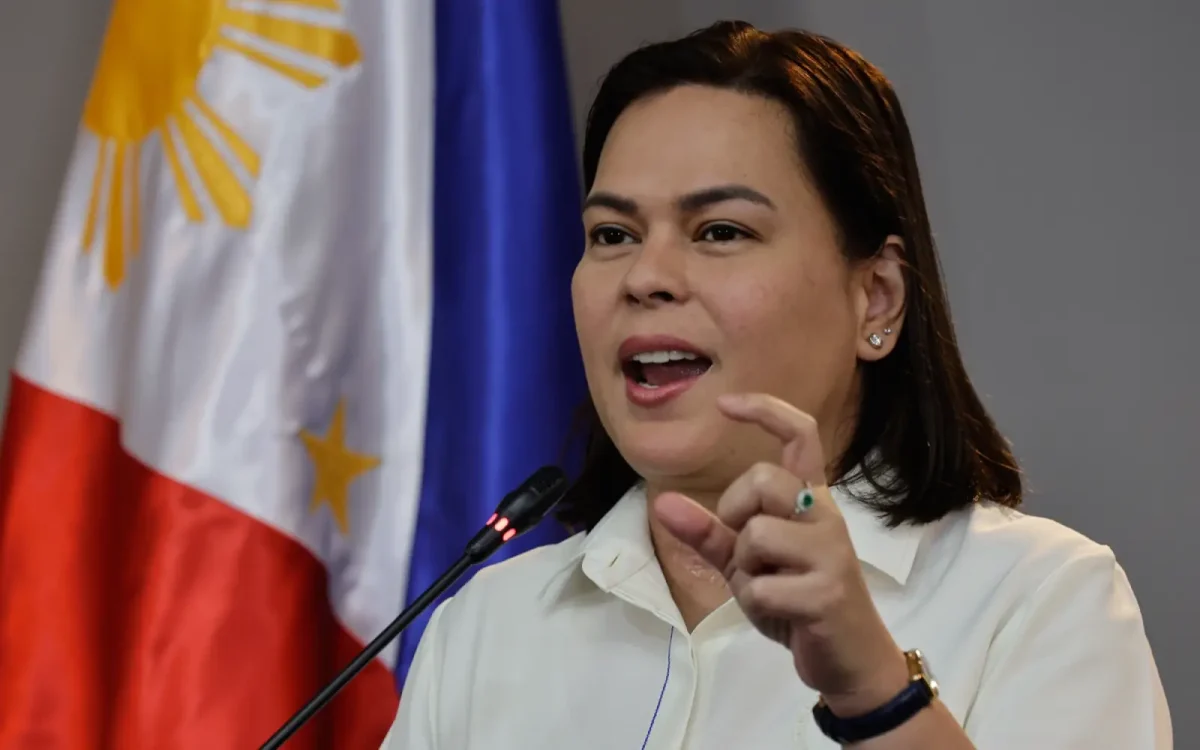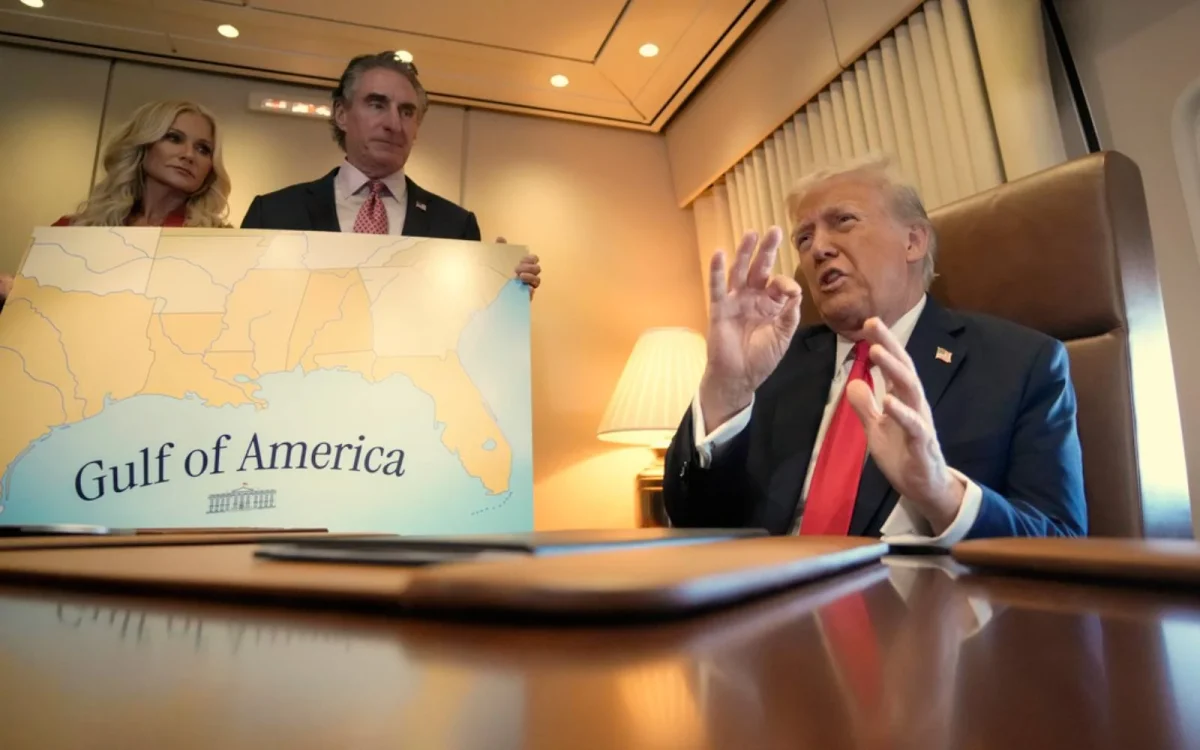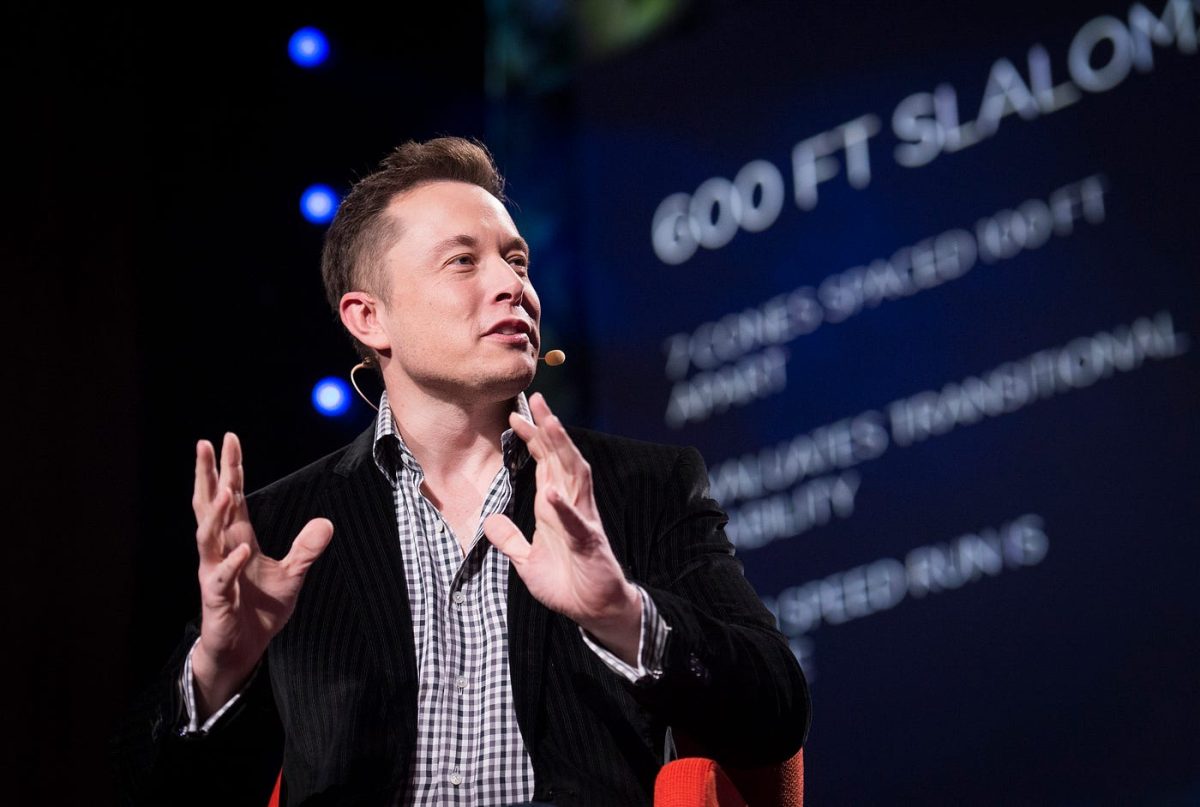Between November 11 and 17, 2023, the annual APEC (Asian-Pacific Economic Cooperation) leaders conference convened in San Francisco, after a decade-long exodus from the city. San Francisco’s streets were temporarily cleared of their chronic homeless population and APEC’s 21 member economies and many CEOs donned high-profile suits and ties to discuss international trade. Leaders watched this year’s conference with detached strategic interest; particular focus was placed on managing climate demands, pandemic recovery, and the November 15 meeting between U.S. and Chinese presidents facilitated by the conference.
But for San Francisco’s public, the conference drew attention for starkly different reasons. While leaders ambled comfortably through security zones, protesting civilians came out in droves to dominate the streets. Demonstrators decried issues from human rights abuses to climate change, directing complaints towards the various world leaders present—but of all the demands, none rang louder this year than lasting ceasefire in the besieged Gaza Strip.
During APEC, Gaza produced some of San Francisco’s largest anti-war protests since opposition to the Iraq War dominated the city in 2003. In one massive demonstration on November 16, in the midst of APEC’s leaders meeting, hundreds of demonstrators blocked the entire Bay Bridge—known for transporting 200,000+ people daily—using their vehicles and bodies. Calls were made for an end to U.S. military aid to Israel and ceasefire in Gaza; two huge banners held up on the bridge read “Stop the Genocide” and “No US Military Aid to Israel.” The protest reportedly lasted a little over 3 hours and resulted in more than 80 arrests. Calls have been made to drop charges against protestors to protect civil disobedience—according to ABC7, those charged face 6 months to 1 year of jail time in a worst-case scenario.
Other protests also colored the city’s streets. Spurred by the presence of President Xi Jinping, many civilians decried the actions of the Chinese Communist Party. Demonstrations were held in support of antagonized populations in Taiwan, Tibet, Hong Kong, as well as against the ongoing Uyghur genocide. Pro-CCP counter-protestors also gathered outside APEC, with non-governmental organization Human Rights in China reportedly linking these counter-rallies to the San Francisco Chinese consulate. With many high-profile CEOs, including that of gas giant Exxon Mobil, appearing around the APEC conference, protestors also appeared to decry corporate indifference to climate change.
In most respects, priorities inside the conference rooms differed sharply. Condemning one conflict, Nikkei ASIA reported a statement by leaders that “most members strongly condemn the aggression against Ukraine.” Yet in spite of cries on the streets outside, the conference chair simply stated that, on Gaza, “We exchanged views on the ongoing crisis…Leaders, including the United States, shared their respective positions.” Hong Kong, Tibet, and the Uyghur genocide also seemed to produce minimal significant discussion within the conference, though concerns were reportedly communicated between Biden and Xi Jinping about military action in Taiwan.
As for what the conference did focus on, U.S.-China relations came out as an expected concern, considering the two economies’ juggernaut positions in Asian-Pacific trade. One major decision from the APEC-facilitated meeting between Biden and Xi Jinping on November 15 was the continuation of military-to-military dialogue between the U.S. and China. Nikkei Asia reported that this decision came off a 15-month communicative freeze between the countries following Nancy Pelosi’s visit to Taiwan.
The American fentanyl crisis was also an important issue at the conference, with Biden coordinating with Xi Jinping and Mexican President Andres Manuel Lopez Obrador to stem the influx of fentanyl that killed over 70,000 Americans in 2022, according to USAFacts. Climate was somewhat addressed at the conference, with the concluding 2023 APEC Leaders’ Golden Gate Declaration occasionally mentioning collective efforts towards climate-sustainable economies.
In many ways, the events around APEC 2023 reflected San Francisco as a city. Being a crucial part of the U.S.’s most populous state, the city has long been one of the U.S.’s biggest economies, attracting APEC’s CEOs and world leaders. And yet in spite of this, the city’s public have been crucial catalysts for many significant anti-establishment movements throughout U.S. history. Whether or not world leaders directly glimpsed the demonstrations which dominated SF between the 11th and 17th of November, there is no doubt that, as seen with causes like Gaza, APEC 2023 invigorated the activist heart of San Francisco’s people.

